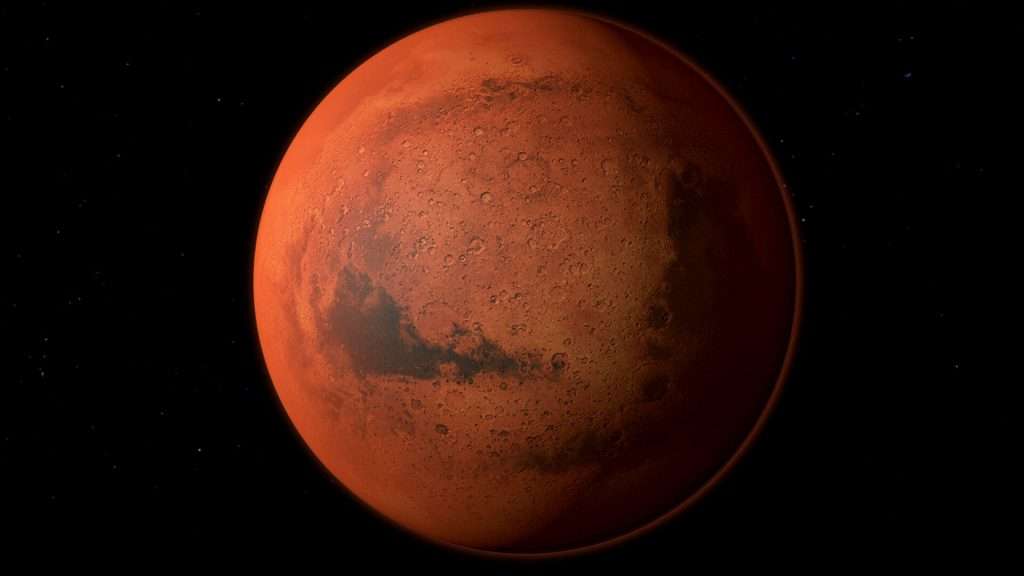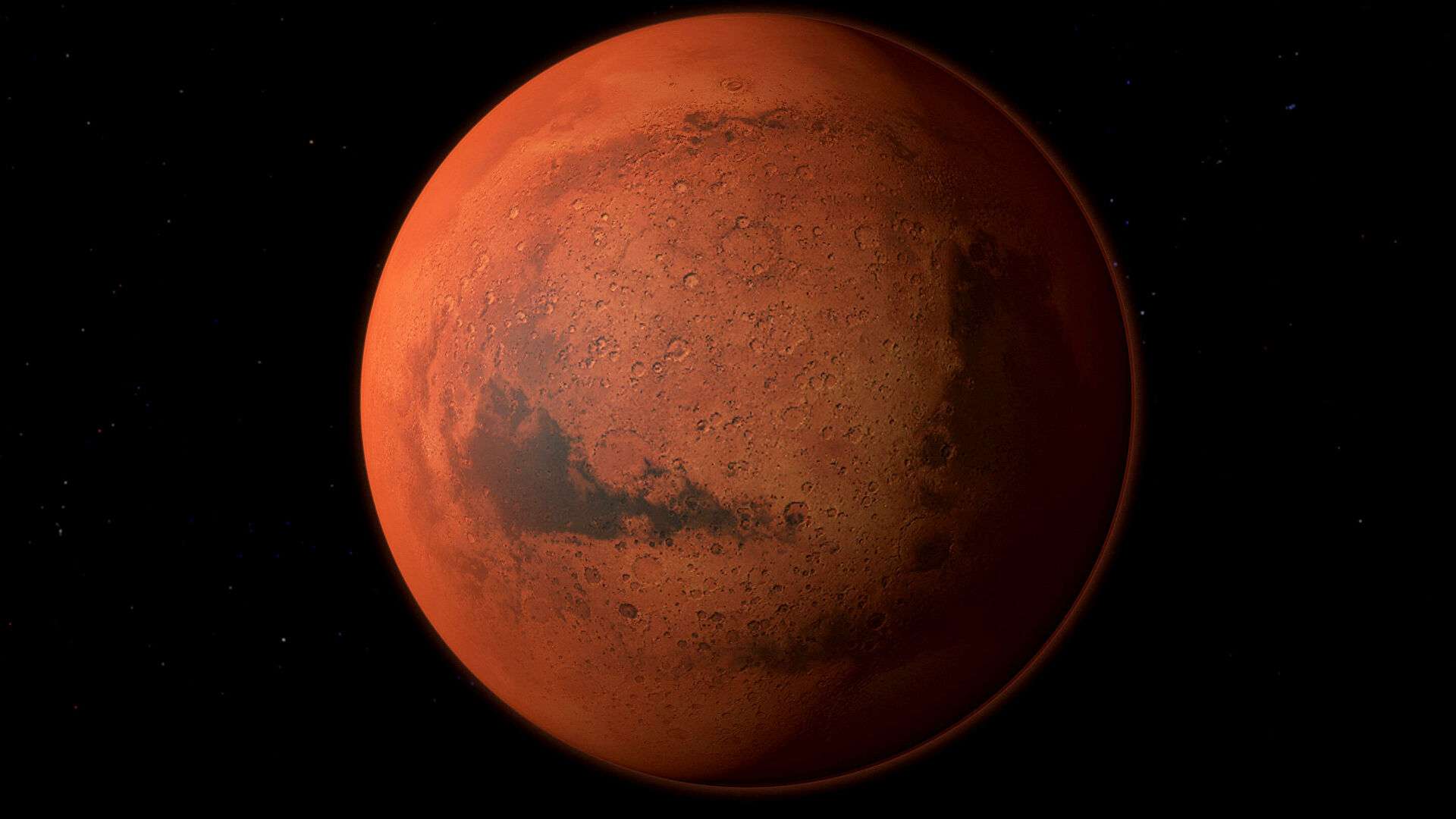Most of the water on Mars may have remained in the solid rocks of the planet. This is stated in a study published in the journal Science.

Scientists have come to this conclusion by compiling on the basis of data from rovers and spacecraft model of the Red Planet. With the help of the model was able to estimate how much fluid on Mars was at the initial stage of its existence and how much was lost over time. One way to estimate the amount of water on Mars is to analyze hydrogen levels in its atmosphere and rocks.
The study says that each hydrogen atom contains one proton. However, some of the atoms have an extra neutron, which forms an isotope known as deuterium. Normally, the lighter hydrogen escapes due to the planet’s low gravity into space, while the heavier deuterium remains. By comparing the hydrogen and deuterium content, scientists were able to estimate how much ordinary hydrogen Mars would have lost over time and explain the mystery of water disappearing.
It turns out that between 4.1 and 3.7 billion years ago, the volume of water on the Red Planet decreased by about 40 to 95 percent. And much or most of the liquid — 30 to 90 percent — was absorbed by minerals during the hydration process. “Mars became a dry and arid planet – as we know it today – about three billion years ago,” said Eva Scheller, lead author of the study and a specialist at the California Institute of Technology.
That said, the liquid accumulated in the solid rocks of Mars cannot be said to be easily extracted and used by the planet’s first colonizers for their purposes. “They would have to heat a lot of rocks to get the necessary amount of water,” Scheller emphasized.
According to early studies, Mars contained enough liquid to cover the entire surface of the planet with an ocean 100 to 1,500 meters deep. That’s about half the water contained in the Atlantic Ocean. Scientists are interested in this question, as usually the presence of water indicates the existence of some form of life.
In November 2020, experts at the University of Arizona said that a large amount of Martian water may have been in the upper layers of the atmosphere. The liquid then evaporated as a result of photolysis.





